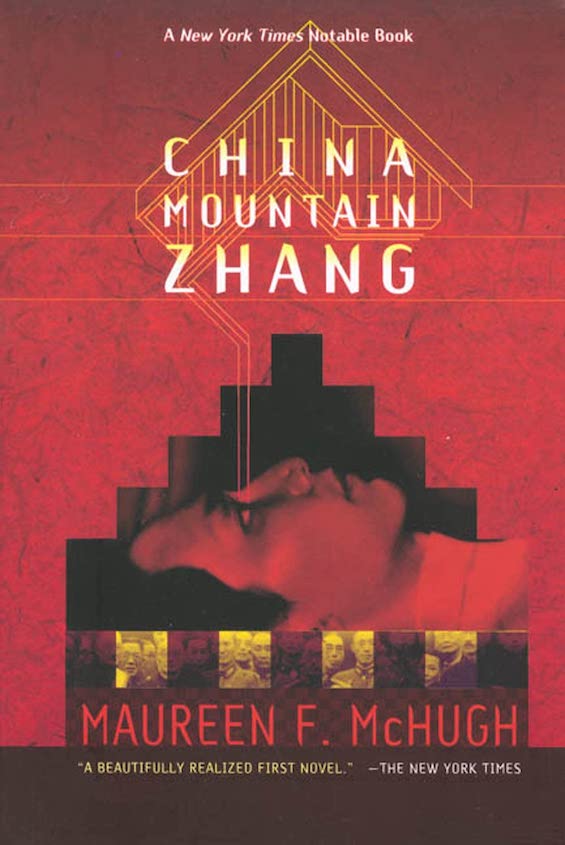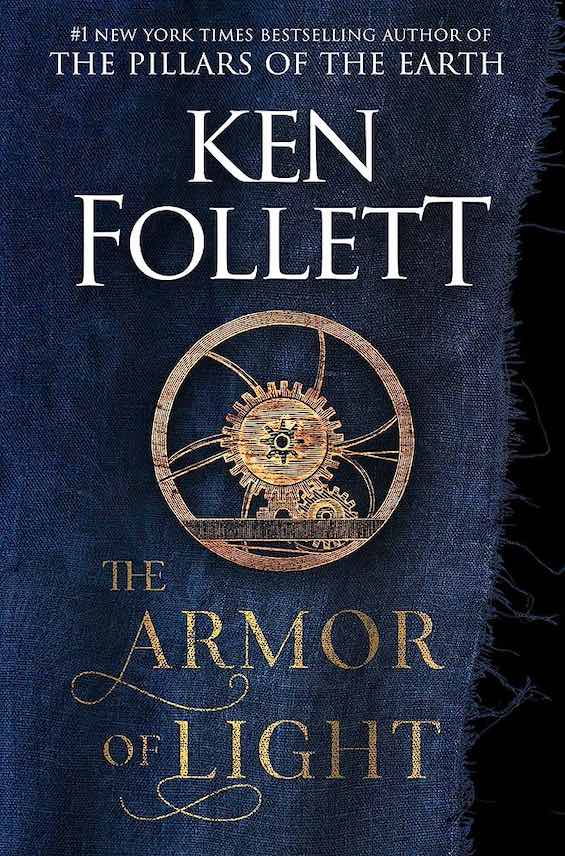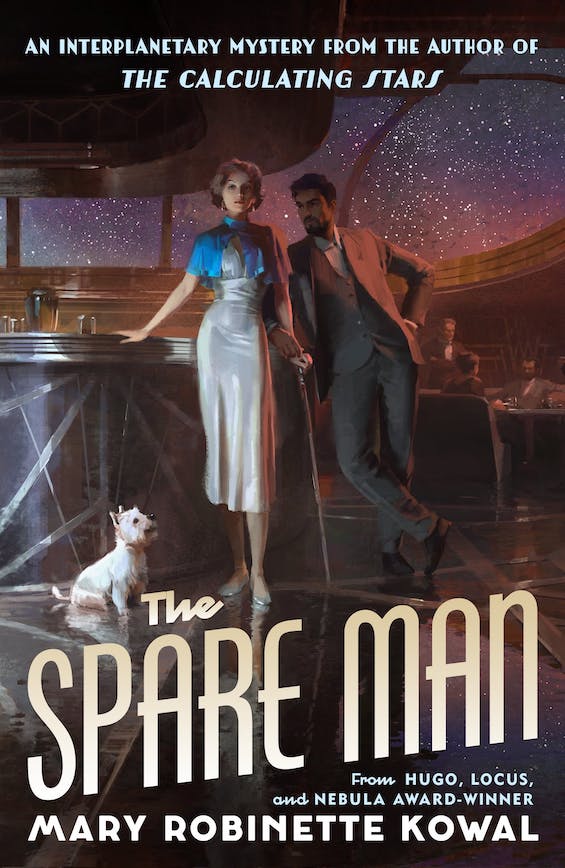
Historically, science fiction has mostly been identified with the United States and Great Britain. That’s not to say, however, that talented authors from many other countries, writing in languages other than English, haven’t made their mark in the genre. Science fiction novels, some of them outstanding, have come from Russia, China, and other countries as far-flung as Brazil, Czechoslovakia, and Iceland. Now Swedish writer Karin Tidbeck, previously known for her well-received collection of short stories, offers her first novel, Amatka.
Estimated reading time: 3 minutes
From the outset, it’s clear that Amatka is a science fiction novel of a very different sort. Anyone who accepts a literal definition of science fiction—stories that are possible given what we know about science—will consider this novel fantasy, not science fiction. At best, it’s very strange science fiction. Its premise clearly rests somewhere outside the bounds of possibility.
On an unnamed world somewhere far away, four small colonies of humans struggle to survive. Their surroundings are inhospitable. Featureless tundra extends in all directions. Ostensibly in order to ensure their communities’ survival, the colonies are governed by rigid bureaucrats who have made rules for virtually every aspect of life. Most of the buildings and almost everything else, from pencils to suitcases to furniture, are constructed out of a viscous, mud-like substance mined from the surface of the planet. And everything made of this mysterious stuff will hold its shape only if those who use it continuously remind each object of its purpose.
Amatka by Karin Tidbeck ★★★☆☆
They paint labels on every item (“door,” “building,” “bed”) and chant the word on its label to assure the object’s stability. If they don’t do so frequently enough, seemingly solid and stable items simply liquefy into goo that spreads across every surface and destroys anything else within its reach. And the bureaucrats have layered over this reality with new requirements of their own. For instance, here’s what Vanja learns in the community’s library: “One couldn’t name a book anything other than BOOK, or start the title with anything other than ‘About . . .’ Naming an object something else, even accidentally, was forbidden.”
Not literally science fiction, is it? Or, as I’ve noted, at the very least strange science fiction.
A strange science fiction story
Amatka is a short novel—a novella, really. In just 170 pages, Tidbeck tells the story of a woman named Brillars’ Vanja Essre Two, known as Vanja. Vanja is sent from her home colony of Essre by train (train???) to Amatka, where she is to investigate the potential for factories at home to produce hygiene products such as soap and shampoo that might be sold in Amatka. Her job is to interview prospective customers and report back to her boss in Essre.
But Vanja soon begins to learn that all is not as it appears in Amatka. And she falls in love with the woman who is hosting her. Between the love affair and her increasing understanding of the truth about the colony, Vanja resigns from her job in Essre, committing herself to stay in Amatka. There, she plays a central role in the unfolding events that lead to the novel’s shattering conclusion.
In its strangeness, Amatka fits snugly into a new sub-genre that has emerged in science fiction in recent years. I’ve previously reviewed three such books by China Mieville (The City and the City), Jeff Vandermeer (Authority), and Ann Leckie (Ancillary Justice). I enjoyed none of them.
For related reading
For more good reading, check out:
- These novels won both Hugo and Nebula Awards
- The ultimate guide to the all-time best science fiction novels
- 10 top science fiction novels
- The top 10 dystopian novels
- Ten new science fiction authors worth reading now
And you can always find my most popular reviews, and the most recent ones, on the Home Page.



























